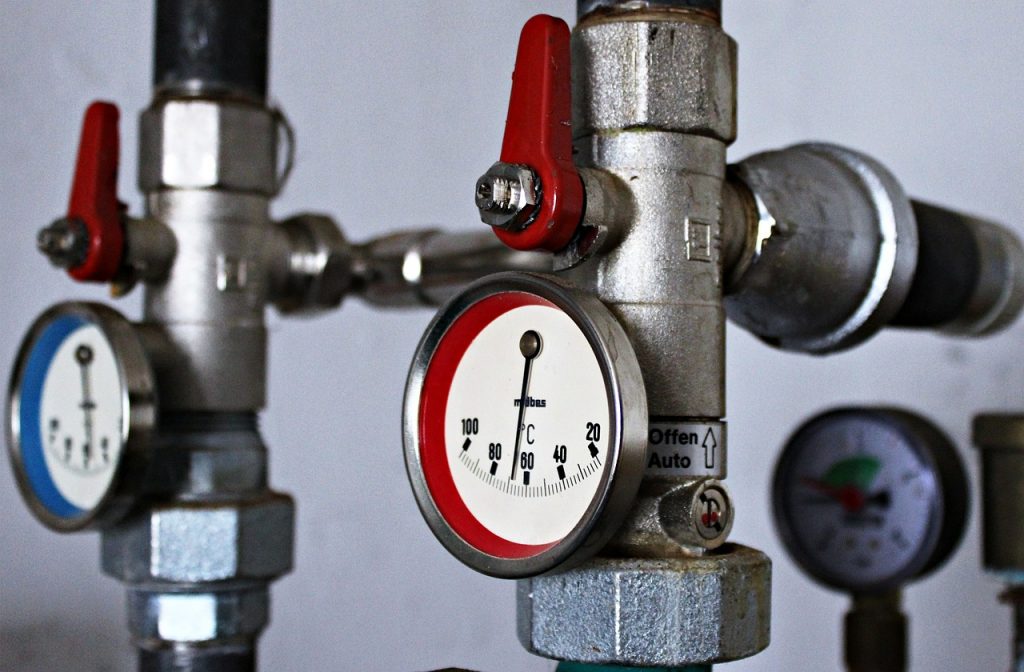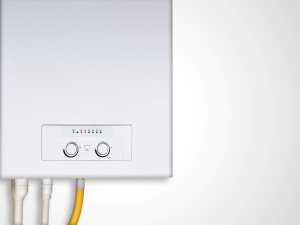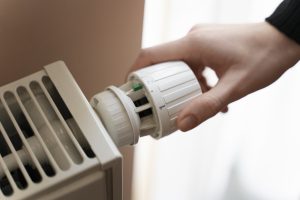A leak from your water heater’s pressure relief valve is a major concern, especially if it’s the first time dealing with this problem. While some people tend to panic and get help immediately, others may just shrug their shoulders and assume that the leak is a common occurrence. However, there are many causes of leaks in water pressure relief valves. And all these must be addressed immediately given the high risks of property damage and hazards that can occur if the issue is ignored.
What is the importance of a water heater’s pressure relief valve?
The pressure relief valve gives steam and water a chance to escape when either the pressure or temperature in the water tank gets too high. A malfunctioning valve can cause the water heater to explode and is the major cause of water heater explosions. In water heater pressure relief valves, the valve is set to open when the pressure exceeds 150 psi.
What are the causes of leaking water heater pressure valves?
1. High water pressure
A leaking valve is not always a broken valve. In some cases, a water heater’s pressure relief valve may leak because it is functioning as intended. As excess pressure is relieved out of your water heater system, some water may leak. This necessitates the need to test the pressure in your water heater.
The process is not complicated. However, if you are not comfortable checking the water pressure, you can always contact your technician. To test the pressure, use a pressure gauge and attach it to either the cold-water pipe or the hot water pipe. However, one of the easiest places to connect the pressure gauge is the outdoor hose faucets. For this, ensure you purchase a pressure gauge that is designed for garden hoses.
Turn off all water outlets and faucets. The pressure reading should be between 40 psi- 80 psi. If the gauge shows a psi reading of 150 and above, then the cause of the leak could be high pressure. If the water pressure is normal and the leak is persistent, then high water pressure is not the cause of the leak.
If you get a high-pressure reading, then you could be dealing with a closed plumbing system issue. This means that when the water is heated, the pressure increases as it should. But with nowhere to go, the valves open to relieve the pressure. Luckily, this can be solved by installing an expansion tank that gives the pressure an outlet other than a pressure relief valve.
2. High water temperature
Although rare, your water heater’s pressure relief valve could be leaking as a result of excessively high temperatures. However, the water has to be near the boiling point. To check the water temperature, ensure you turn on the hot water faucet. Run the water for one minute and use a meat thermometer to take the temperature reading. The temperature should be around 120 degrees. If more than this, then you need to have the water heater checked. The water temperature would need to be close to 212 degrees to set off the relief valve.
3. The wrong pressure relief valve was installed
While this is an uncommon occurrence, it is not far-fetched. Your technician could have used a pressure valve for another appliance since they have the same function. However, these other pressure relief valves are set to go off at a lower psi. For instance, boiler pressure valves go off at 30 psi. If installed in a water heater, you are likely to get leaks immediately after installation. As such, if you have had your water heater for years and only experienced the leaks after a long period, then this is an unlikely cause of the leak.
4. Your water heater’s pressure relief valve has not been used in a while
A slight leak may occur if your water heater’s pressure relief valve has not been opened for a while, say a few years. While this leak is normal and may not be an indicator of a problem with the water heater system, you may need to replace the valve if the leak becomes more serious. It is cheaper to replace the entire valve than to repair it and have to deal with the same problem later on.
5. Your pressure relief valve has failed
A leak in your water heater’s pressure relief valve could also be caused by a faulty pressure relief valve. While pressure relief valves barely break down, excessive wear and improper installation can cause extensive damage. Unfortunately, a faulty pressure valve can not be repaired and must be replaced. However, the cost of pressure valves is affordable and ranges around $30.
What can you do to prevent water heater problems?
- Know your water heater and how it functions– Water heaters can be intimidating, especially for people with less technical know-how. Understand what every part of the system plays in heating water such as the water shutoff valve, drain valve, thermostat, and pressure relief valve. This eases the maintenance routine and ensures you have a fair understanding of any malfunctions.
- Insulate the pipes and the water heater– By insulating both the cold water and hot water pipes, you get to prevent condensation while also reducing heat loss. Also, insulating the water heater helps to keep water hot when surrounded by cold air.
- Carry out regular maintenance– Inspect your water heater monthly, ensuring that all valves and pipes are in good shape. This also helps you catch corrosion and leaks early enough before they turn out to be bigger problems. And every year, carry out a water heater flush. Given that you cannot pinpoint all problems, have a qualified technician inspect the system annually.
Take away
Regardless of the possible cause of a leak in your water heater’s pressure relief valve, please contact a qualified plumber as soon as possible. And if you think it’s a problem that you can solve without getting help, ensure you have a qualified plumber confirm that the system is performing optimally after. Water heater issues should not be taken lightly as they can cause more issues, even explosions.




